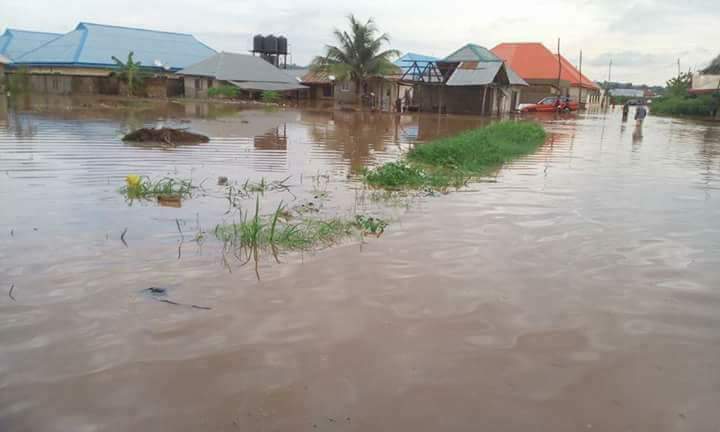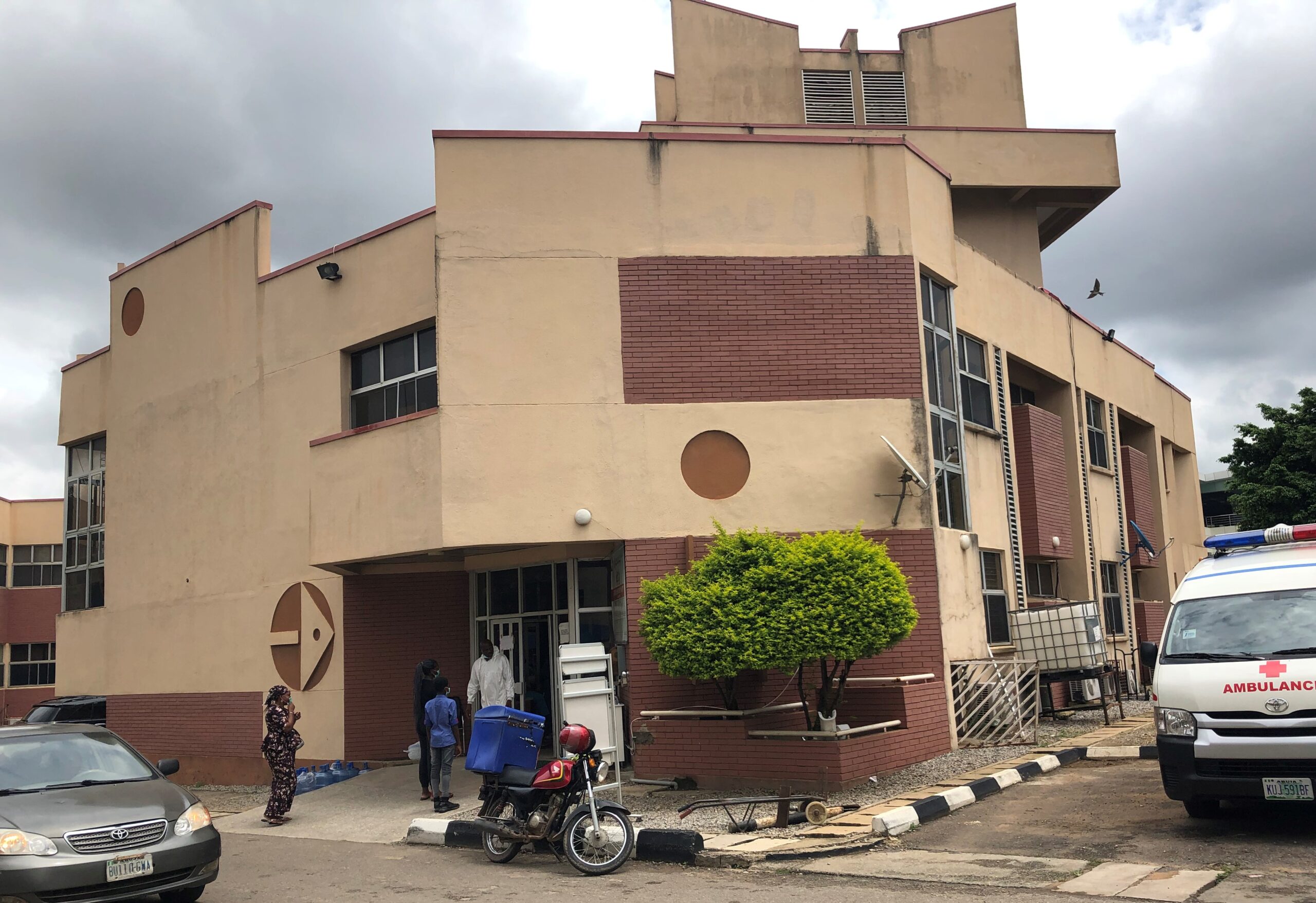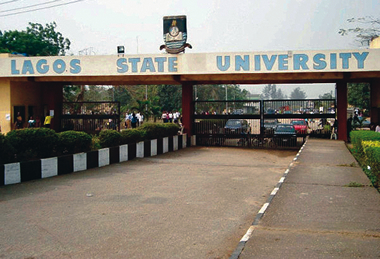The Africa Green Revolution Forum (AGRF) has called for insurance of all smallholder farmers to cushion the effect of natural disasters such as flooding.
Debisi Araba, AGRF managing director, said this on Wednesday at the virtual summit of the forum.
The forum, being hosted by Rwanda, is themed, “Feed the cities, grow the continent: Leveraging urban food markets to achieve sustainable food systems in Africa”.
Speaking on the flooding which has caused farmers in parts of northern Nigeria to lose their huge crop yield, Araba said insurance will help curb extra budgetary expenses to respond to such disaster.
Advertisement
He added that it will also build resilience across the agricultural value chain.
“I have been following developments in Nigeria, particularly in Kebbi state and in other parts of the country; I have been reading the news of the flooding,” he said.
“Now, what can we do? The first thing is we need to build resilience across all value chains. One of the first things we should have been doing is insurance. We need to ensure that we insure all smallholder farmers.
Advertisement
“And when people say, ‘who is covering insurance’, the cost of covering insurance is certainly cheaper than the cost of recovery when the shock hits. Because now, you would have state governments spending extra-budgetary expenses to support small-holder farmers or people in rural areas.
“So, we need to incorporate the price of insurance into inputs to hedge against potential shocks.”
The AGRF MD added that there is also the need for farmers in the country to be connected to the market as “a lot of farmers are not making their planting decisions based on market realities.”
“If you can connect smallholder farmers and other agro-businesses into a more sophisticated market guaranteeing a minimum price and so on, you give these farmers the confidence to plant with peace and also to take on the purchase of insurance products,” he said.
Advertisement
He also said the federal government should adopt the National Agricultural Resilience Framework launched in 2014 as it contains “a lot of useful information on how we can beef up and fortify resilience right across the agric food chain.”







